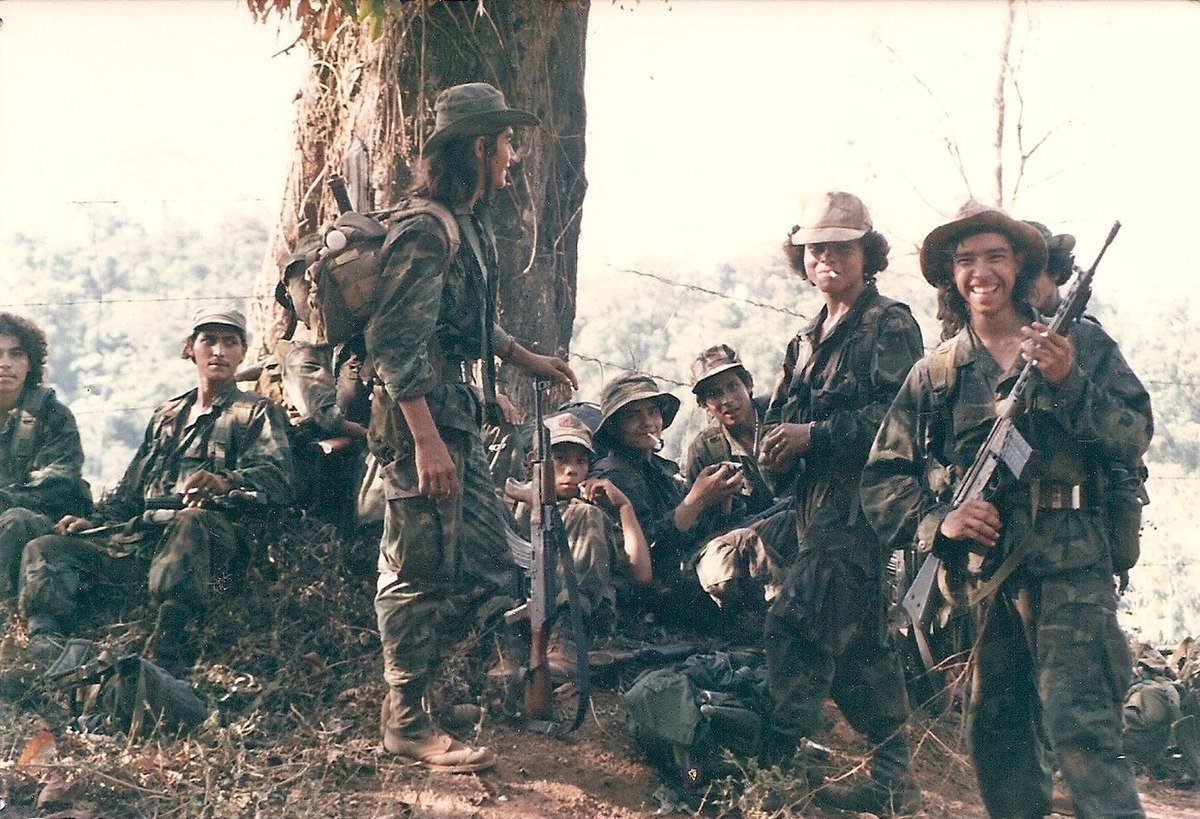
Reagan Doctrine
Washington D.C., DC, USAIn January 1977, four years prior to becoming president, Ronald Reagan bluntly stated, in a conversation with Richard V. Allen, his basic expectation in relation to the Cold War. "My idea of American policy toward the Soviet Union is simple, and some would say simplistic," he said. "It is this: We win and they lose. What do you think of that?" In 1980, Ronald Reagan defeated Jimmy Carter in the 1980 presidential election, vowing to increase military spending and confront the Soviets everywhere. Both Reagan and new British Prime Minister Margaret Thatcher denounced the Soviet Union and its ideology. Reagan labeled the Soviet Union an "evil empire" and predicted that Communism would be left on the "ash heap of history," while Thatcher inculpated the Soviets as "bent on world dominance." In 1982, Reagan tried to cut off Moscow's access to hard currency by impeding its proposed gas line to Western Europe. It hurt the Soviet economy, but it also caused ill will among American allies in Europe who counted on that revenue. Reagan retreated on this issue.
By early 1985, Reagan's anti-communist position had developed into a stance known as the new Reagan Doctrine—which, in addition to containment, formulated an additional right to subvert existing communist governments. Besides continuing Carter's policy of supporting the Islamic opponents of the Soviet Union and the Soviet-backed PDPA government in Afghanistan, the CIA also sought to weaken the Soviet Union itself by promoting Islamism in the majority-Muslim Central Asian Soviet Union. Additionally, the CIA encouraged anti-communist Pakistan's ISI to train Muslims from around the world to participate in the jihad against the Soviet Union.
